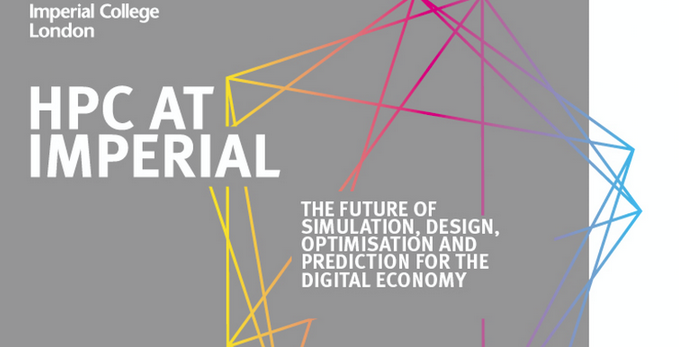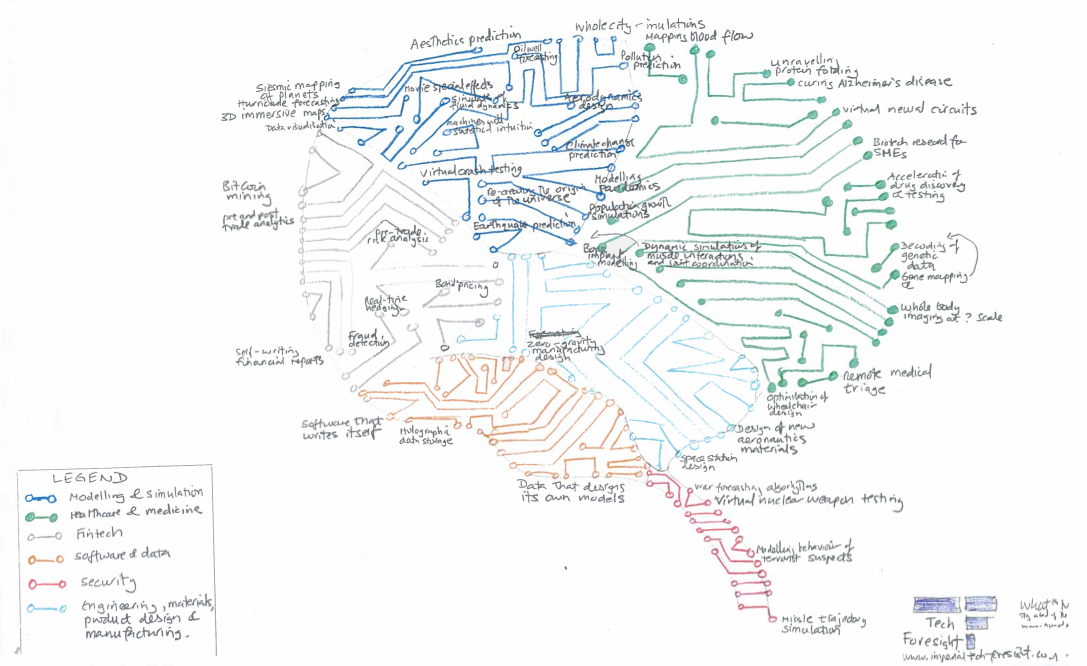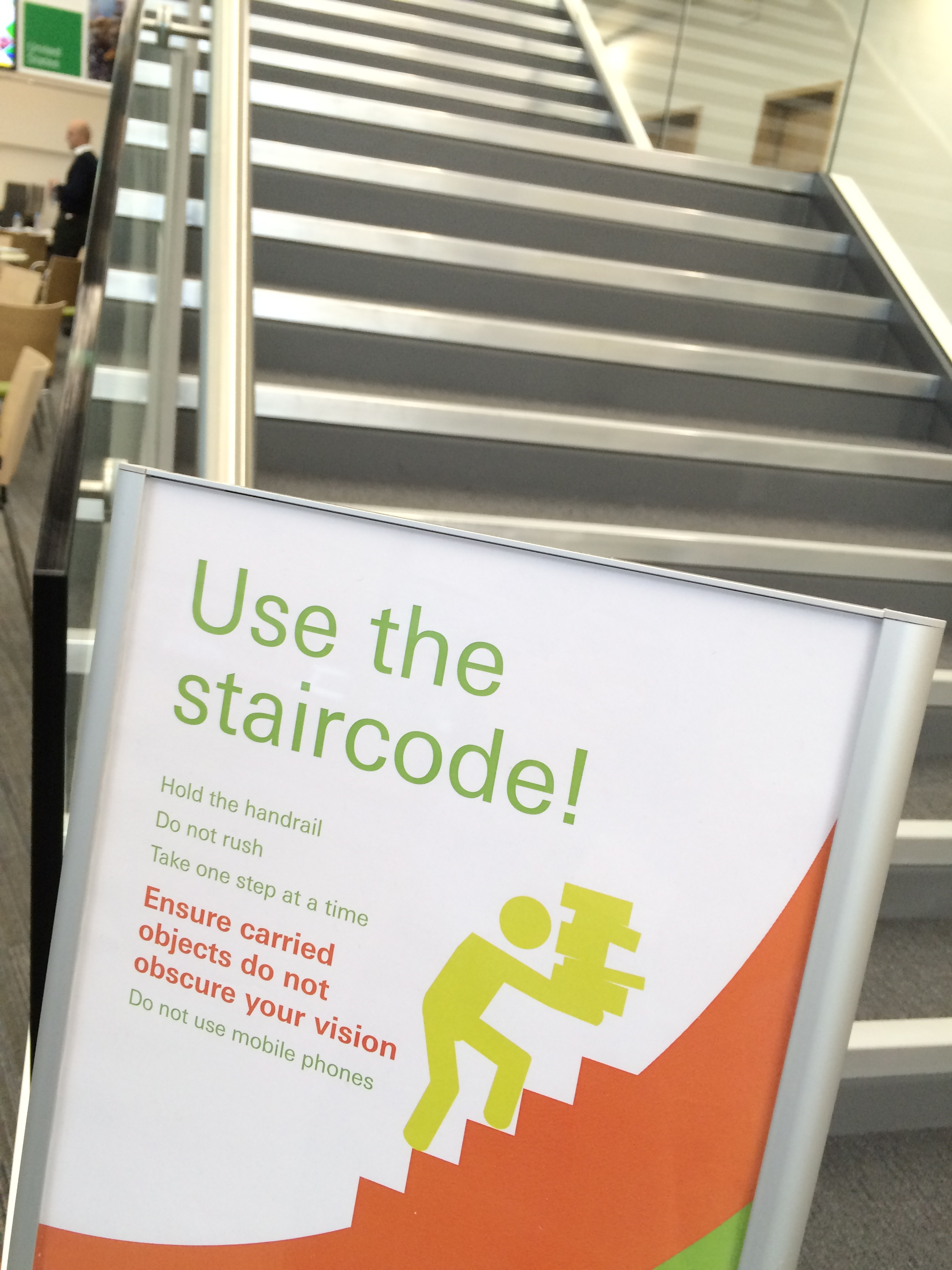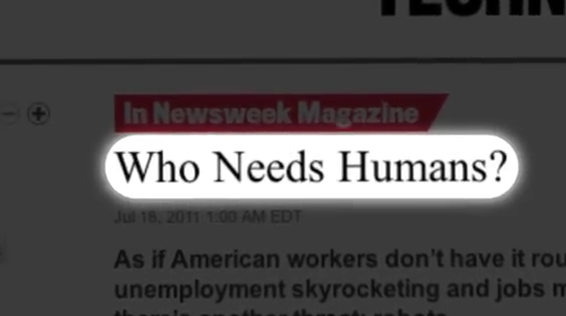Category Archives: AI
The Future of High Performance Computing
Just FYI, anyone that’s interested in HPC, super-computing, advanced modelling & simulation, problems, prediction, cyber-security and any associated field might be interested in this. It’s on Thursday 23 February in London. Event link here.
Beginning of a new Current & Future uses of HPC map below….
Current & Future Applications of HPC
Modelling & Simulation
Preventing the invention of unnecessary
Prediction of technology breakthroughs
Modelling specific species against climate change
Dynamic longevity prediction
Predicting M&A activity/hostile takeovers
Lifelike recreation of dead actors in movies
Volcano modelling
Real time national mood modelling
Hyper-local personal weather forecasts
Complete human brain simulations
Prediction of social unrest using global social media feeds
Finding holes in existing research
Finding new knowledge in Big Data
Automation of scientific research
Radiation shield modelling
Molecular dynamics modelling
Space weather forecasting
Trawling scientific data to find genetically applicable treatments
Molecular dynamics forecasting
Automation of scientific research
Aesthetics prediction
Seismic mapping of planets
Hurricane forecasting
Modelling of tornado trajectory & speed
Galaxy simulations
Oil well forecasting
Movie special effects
Simulation of fluid dynamics
Virtual crash testing
Re-creation of the origin of the universe
Earthquake prediction
Population growth simulations
Climate change modelling
Aerodynamics design
Whole city simulations
Pollution forecasting
Radiation shield modelling
Molecular dynamics modelling
Modelling impacts of bio-diversity loss
Power grid simulation & testing
Modelling of organizational behaviour
Optimization of citywide traffic flows
Emergency room simulation
Major incident modelling & simulation
Space weather forecasting
Healthcare & Medicine
Dynamic real-time individual longevity forecasts
Mapping blood flow
Prediction of strokes, brain injury & vascular brain disease
Pandemic modelling
Unravelling protein folding
Curing Alzheimer’s disease
Virtual neural circuits
Bio-tech research for SMEs
Acceleration of drug discovery & testing
Decoding of genetic data
Whole body imaging at scale
Remote medical triage
Foreign aid & disaster relief allocation
Dynamic simulations of muscle & joint interactions
Bone implant modelling
Modelling of the nervous system
Longevity prediction at birth
Design of super efficient water filters
Fintech
Pre-trade risk analysis
Bond pricing
Real-time hedging
Fraud detection
Self-writing financial reports
Automatic regulatory control & compliance
Pre and post-trade analysis
Dynamic allocation of government tax revenues
News prediction
Flash crash prediction
Optimisation of investment strategies
Automated hiring & firing of employees
Automated due diligence for M&A
Whole economy simulation
Software & data
Software that writes itself
Holographic data storage
Coding for ultra-low energy use
Data that generates its own models
Engineering, materials & manufacturing
Space station design
Space colony design
Design of new aeronautics materials
Zero gravity manufacturing & design
Predicting properties of undiscovered materials
Design of smart cities
Identification of redundant assets
Optimization of just in time manufacturing
Optimization of crowd-sourced delivery networks
Design of ‘impossible’ buildings & structures
Security
Recording of every individual human conversation on earth
Modelling of factors likely to lead to a revolution
Deliberate cyber-facilitation of revolutions
Breaking 512-bit encryption ciphers
War forecasting algorhythms
Virtual nuclear weapon testing
Modelling behaviour of terrorist suspects
Crime prediction down to individual streets
Identification of terrorist suspects
Forecasting of geo-political upheavals
Hyper-realistic war gaming
Simulation of large scale cyber attacks
Missile trajectory simulation
Screening of data from multiple spectra & media in real time
Threat detection
Crisis management decision support
Note: This is just me going off on a bit of a jazz riff at the moment. All subject to change!
The Search for Intelligence (here on earth)
Quote of the week (for Sherborne school)
One day ladies will take their computers for walks in the park and tell each other, “My little computer said such a funny thing this morning”.
Alan Turing (1949?)
Quote of the week
“But the Turing test cuts both ways. You can’t tell if a machine has gotten smarter or if you’ve just lowered your own standards of intelligence to such a degree that the machine seems smart. If you can have a conversation with a simulated person presented by an AI program, can you tell how far you’ve let your sense of personhood degrade in order to make the illusion work for you?
People degrade themselves in order to make machines seem smart all the time. Before the crash, bankers believed in supposedly intelligent algorithms that could calculate credit risks before making bad loans. We ask teachers to teach to standardized tests so a student will look good to an algorithm. We have repeatedly demonstrated our species’ bottomless ability to lower our standards to make information technology look good. Every instance of intelligence in a machine is ambiguous.
The same ambiguity that motivated dubious academic AI projects in the past has been repackaged as mass culture today. Did that search engine really know what you want, or are you playing along, lowering your standards to make it seem clever? While it’s to be expected that the human perspective will be changed by encounters with profound new technologies, the exercise of treating machine intelligence as real requires people to reduce their mooring to reality.”
Jaron Lanier, You Are Not a Gadget.
Richard Watson on The Future, Automation and AI
I did a talk at the University of Northampton Business School last week, but before I started I spoke to John Griff at BBC Radio Northampton. The funny thing was that while I’d been told about this well in advance I’d totally forgotten. Hence zero preparation on my part. But guess what, because I didn’t prepare anything I didn’t obsess about what I was going to say and therefore didn’t screw it up (also due to an excellent interviewer that asked some good questions and put me at ease btw).
One of my more intelligent interviews with a great ending…
BBC iPlayer….(spool on to 1 minute 15 seconds)
Automation Angst
According to some techno-evangelists, humanity is on the verge of huge breakthroughs in computing, robotics, genetics, automation and artificial intelligence that will dwarf many of the inventions of the past two centuries. They might be right, but at what price? What might the cost be of these breakthroughs in terms of unemployment and inequality? Moreover, are these breakthroughs really as close as the evangelists claim and will they be as fundamental as those in the past?
It can be argued, for example, that compared to clean water or the invention of the motorcar, Facebook and Uber are trivial inventions. Most of our recent innovations are incremental improvements of innovations created years ago and most of the most significant change over the last 100 years has been social not technological.
Time will tell as to who’s right, but it does seem a fair bet to suggest that the search for economic efficiency and convenience will continue to displace workers on a significant scale and may focus wealth in a handful of places and professions. Fully autonomous farms, factories, warehouses, logistics and transport networks are probably not that far off and it’s possible that the development of digital and virtual products and services, many of them delivered for ‘free’, will result in mass consumption being decoupled from mass employment, which could be catastrophic.
None of this has to be a bad thing, of course, if new jobs are created and perhaps if the spoils of efficiency are fairly shared, although remember that while the Industrial Revolution created new jobs, wages in England were stagnant or declined for almost 40 years and that work conditions associated with many of the new jobs were appalling.
Having said this it’s almost impossible that all old jobs will disappear. Many of the developments that are nervously anticipated are still years away and many of the things that humans do will remain out of reach for robots and autonomous systems. Humans are far better than machines at abstraction, generalisation and creative thinking. We have vastly better common sense than machines, we’re agile, nimble and energy efficient too. And don’t forget that it’s humans that have rights and vote – and we can revolt too. Humans are also a deeply social species and physical connection is likely to remain important. Many of of our economic needs are also explicitly interpersonal or social.
The bad news is how robots and automated systems interact with human beings depends a great deal upon how much their designers know or care about human beings. In the same way that there’s a fine line between genetics and eugenics, there’s a thin line between technologies that enhance humanity and those that diminish it. Moreover, developments in robotics, information technology, neuro-technology and genetics all have the potential to vastly widen the gaps that already exist in health, intelligence, opportunity and achievement.
The amount of data that spills from these technologies also seriously threatens privacy and freedom of choice. There’s a very real possibility too that one day these technologies will advance to such a point that the owners of the technologies will be able to predict and control almost everything an individual does, thereby reducing humans to mere automatons.
This is unlikely, although an even worse scenario might involve the widespread adoption of mediocre artificial intelligence and predictive systems, which, little by little, become a train wreck of momentous proportions due to a decline in human agency or a crisis in human identity.
Governments and giant corporations are pouring billions into robotics and automation projects with almost no external oversight whatsoever. We urgently need the inclusion of an ethical code alongside any computer code and should be able to quiz the technologists, and perhaps one day the technologies themselves, about their knowledge, their skills, and their intentions. Ultimately, any AI singularity is a choice, not a destiny.
Brains Vs. Computers
Quote of the week
“If the brain were so simple that we could understand it, we would be so simple that we couldn’t.” Emerson M. Pugh
The Rise of AI
Very good 9-minute film from PBS. Made in 2013. Link here.
A computer walks into a bar…
In 1956, John McCarthy coined the term Artificial Intelligence (AI) to describe the type of machine-based intelligence that he thought would be reality within ten years. Warp-drive to 2012 and AI still seems a very long way off, especially if you use the well-known Turing Test to assess intelligence.
But perhaps the Turing Test, which attempts to capture the nuances of human speech by asking humans to guess whether something is a machine or another human being, is the wrong test, especially when you stop to consider that computers are already flying planes, driving cars and buying and selling shares on global financial markets.
One possible alternative to the Turing Test is a visual test created by researchers at the University of Exeter (above). Click here for more…







